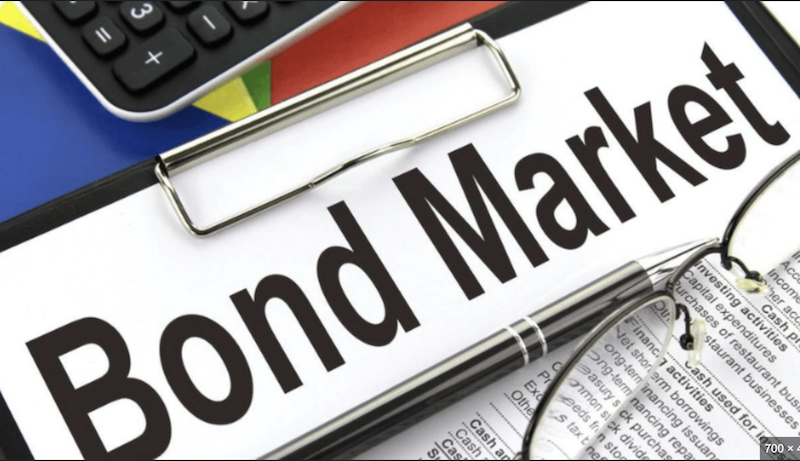Paragraph 1: Overview of Nigeria’s Bond Market Performance
Nigeria’s bond market experienced a bullish trend in the reviewed week, characterized by a surge in investor demand for sovereign debt instruments. This positive momentum drove average yields down by 19 basis points, settling at 18.38% compared to the previous week’s 18.57%. The rally was primarily fueled by robust appetite for longer-dated bonds, particularly the JAN-35, MAR-27, and APR-32 maturities, which witnessed significant yield compressions. This improved market performance can be attributed to a combination of factors, including increased market liquidity and a moderation in inflationary expectations, suggesting a growing confidence in the Nigerian economy.
Paragraph 2: Detailed Analysis of Bond Yield Movements
A closer examination of the bond market reveals a nuanced picture. While the overall trend was bullish, certain bonds experienced contrasting movements. For instance, despite the general decline in yields, the APR-32 and JUN-33 bonds faced selling pressure, resulting in yield increases of 36 bps and 13 bps, respectively. This mixed performance indicates selective positioning by institutional investors, who are likely adjusting their portfolios in anticipation of upcoming policy announcements and economic data releases. The divergent movements underscore the dynamic nature of the bond market and the strategic maneuvering of investors in response to evolving market conditions.
Paragraph 3: Primary Market Activities and Investor Response
The Debt Management Office (DMO) conducted its June bond auction, offering N100 billion worth of Federal Government of Nigeria (FGN) bonds, a significant reduction from the N300 billion offered in previous months. Despite the smaller offering, investor interest remained strong, with total subscriptions reaching N602.86 billion. However, the DMO allotted only N99.99 billion, indicating a cautious approach to debt issuance. The auction results reveal a strong preference for the seven-year bond, which attracted a substantial portion of the total bids, highlighting investor appetite for medium-term government securities.
Paragraph 4: Setting Stop Rates and Aligning with Secondary Market
The Central Bank of Nigeria (CBN) played a key role in the bond auction, setting stop rates of 17.75% for the APR-29 bond and 17.95% for the JUN-32 bond. These rates were largely in line with prevailing secondary market levels, suggesting a concerted effort to maintain stability and avoid significant discrepancies between the primary and secondary markets. The alignment of stop rates with market dynamics reflects a balanced approach by the CBN, aiming to attract sufficient investor participation while also managing the cost of government borrowing.
Paragraph 5: Treasury Bills Market and Investor Preferences
The secondary market for Treasury Bills mirrored the bullish sentiment observed in the bond market, with average yields declining by 29 bps to reach 20.23%. Several short-term bills, including the APR-26, MAY-26, and JAN-26, experienced substantial yield compressions, indicating strong investor demand for short-term government securities. This preference for shorter maturities may reflect investor caution amid ongoing economic uncertainties, as shorter-term instruments offer greater liquidity and less exposure to interest rate risks. Conversely, some profit-taking activity was observed in the NOV-25 and MAR-26 bills, leading to marginal yield increases.
Paragraph 6: Eurobond Market Performance and Global Investor Sentiment
The positive sentiment extended to the Eurobond segment, with average yields decreasing to 8.61% from 8.97% in the previous week. Several Eurobonds, notably the SEP-33, FEB-32, and SEP-28, registered notable yield compressions. This improved performance in the Eurobond market suggests increasing global investor interest in Nigerian debt instruments. The attractive yields offered by these bonds, coupled with declining risk aversion in the global market, have drawn investors seeking higher returns in emerging markets. This positive international investor sentiment further reinforces the overall bullish trend observed in the Nigerian debt market.


